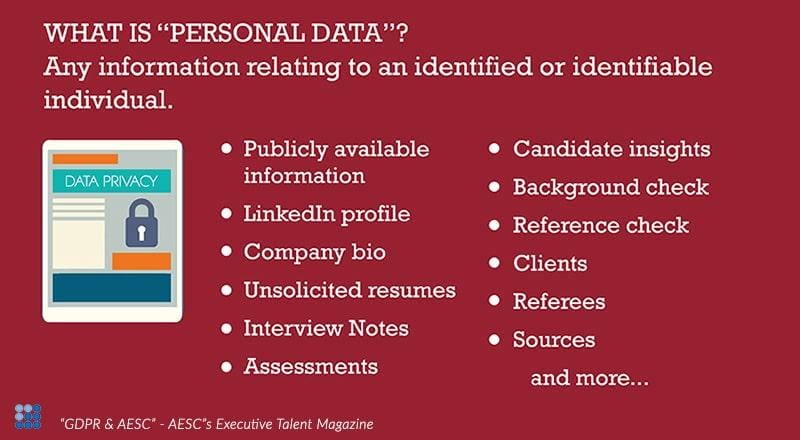In this digital age where technology plays an integral role in our daily lives, safeguarding our personal data online has become more important than ever. With cyber threats constantly evolving, it is crucial to arm ourselves with the knowledge and tools necessary to protect our sensitive information. In this article, we will explore the top 10 tips for protecting your personal data online, empowering you to navigate the digital world safely and securely.
– Strengthen Your Passwords and Use Two-Factor Authentication
When it comes to protecting your personal data online, one of the most important steps you can take is to strengthen your passwords and use two-factor authentication. Creating strong, unique passwords for each of your online accounts can greatly reduce the risk of unauthorized access. Make sure to use a combination of letters, numbers, and special characters, and avoid using easily guessable information like your name or birthdate. Consider using a password manager to securely store and generate complex passwords.
Additionally, enabling two-factor authentication adds an extra layer of security to your accounts. This means that even if someone manages to obtain your password, they would still need a second form of verification to access your account. This could be a code sent to your phone, a fingerprint scan, or a hardware token. By taking these steps, you can greatly reduce the likelihood of falling victim to cyber attacks and protect your sensitive information from being compromised.

– Be Mindful of What You Share on Social Media Platforms
When sharing personal information on social media platforms, it’s important to remember that once it’s out there, it’s out there for good. Be cautious of what you post, as it can easily be accessed and potentially used against you. Avoid sharing sensitive information such as your home address, phone number, or financial details.
Consider adjusting your privacy settings to control who can see your posts and limit the amount of personal information you share with the public. Additionally, be wary of sharing location tags or checking in at specific places, as this can reveal your whereabouts to potential threats. Remember, it’s always better to be safe than sorry when it comes to protecting your personal data online.
![]()
– Keep Your Devices and Software Updated
Regularly updating your devices and software is crucial in protecting your personal data online. Software updates often include security patches that help defend against the latest cyber threats. By keeping your devices up to date, you can minimize the risk of falling victim to malware, viruses, and other malicious attacks.
Furthermore, updating your software can also improve the overall performance and functionality of your devices. New features, enhanced stability, and bug fixes are often included in updates, ensuring that your devices run smoothly and efficiently. Set up automatic updates whenever possible to ensure that you never miss an important security patch or software improvement.

– Avoid Public Wi-Fi Networks for Sensitive Transactions
When it comes to protecting your personal data online, one of the most important tips to follow is to avoid using public Wi-Fi networks for sensitive transactions. Public Wi-Fi networks are often unsecured, making it easy for hackers to intercept your information. Instead, use a secure, private network when conducting transactions like online banking or shopping.
By avoiding public Wi-Fi networks for sensitive transactions, you can greatly reduce the risk of falling victim to cyber attacks. Take the extra step to protect your personal data by ensuring you are on a secure network before entering any sensitive information online. Your personal information is valuable, so it’s important to take the necessary precautions to keep it safe.
In Retrospect
In this digital age, protecting your personal data online is more important than ever. By following these top 10 tips, you can safeguard your information and minimize the risk of falling victim to cyber threats. Remember to stay vigilant, be mindful of what you share online, and regularly update your security settings. Your privacy is valuable – protect it with care. Stay safe, stay informed, and stay secure online. Thank you for reading!

